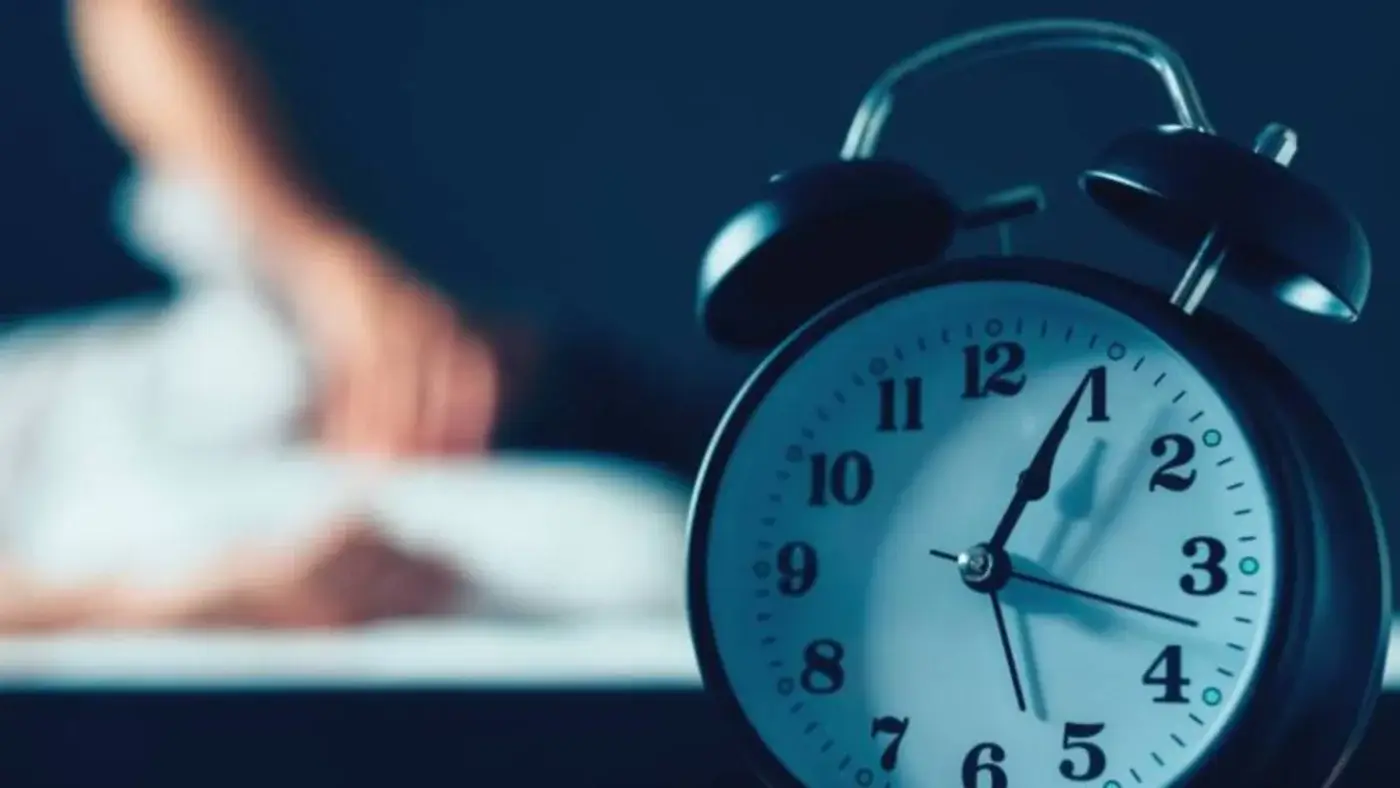Not sleeping at night ages muscles faster: an important warning from British scientists

A study by scientists at King's College London has once again proven how dangerous disruption of circadian rhythms - the human body's natural daily biological clock - is for the body. The findings were published in the journal Proceedings of the National Academy of Sciences (PNAS), and clearly state that working at night or not sleeping at night leads to aging and weakening of muscles.
Muscle cells also work by the "clock"
Scientists say that each muscle cell has an "internal clock" that controls the process of protein damage and repair. During the day, muscles are stressed by various physical activities, and at night, damaged cells are cleaned and repaired. If this process is disrupted - that is, if a person is constantly active at night - the repair mechanism does not work.
Observations made with zebrafish
Scientists used zebrafish, whose genes are 70 percent similar to humans, to study this process. They changed the genes responsible for the biological clock in the fish's muscles. Over the course of two years of experiments, these fish stopped growing, did not gain weight, and, according to observers, became weaker day by day.
This situation, according to scientists, is similar in humans - people who work night shifts, shift workers, and even students experience a decrease in muscle mass and general weakness.
The link between lifestyle and health
Professor Geoffrey Kele, who led the study, said:
“In the UK alone, 4 million people work night shifts. Our research shows that this lifestyle can lead to rapid aging of the muscles in their bodies. Reducing sleep is clearly a serious threat to a healthy life.”
The solution is proper sleep and new drugs
Scientists also note that the results of this study could be the basis for the creation of new types of drugs that can regulate the biological clock. Such drugs could be especially important for vulnerable groups such as the elderly or sick.
Conclusion: do not forget to sleep 7-8 hours a night
The final recommendation of experts is clear: at least 7-8 hours of sleep every night is very important for the human body, especially for the restoration of muscle tissue. Otherwise, muscle cells will be deprived of the opportunity to renew themselves, which can lead to premature aging.
Such scientific findings once again remind us that we need to reconsider our lifestyle and take a more responsible approach to our health. Read “Zamin” on Telegram!
Ctrl
Enter
Found a mistake?
Select the phrase and press Ctrl+Enter 













